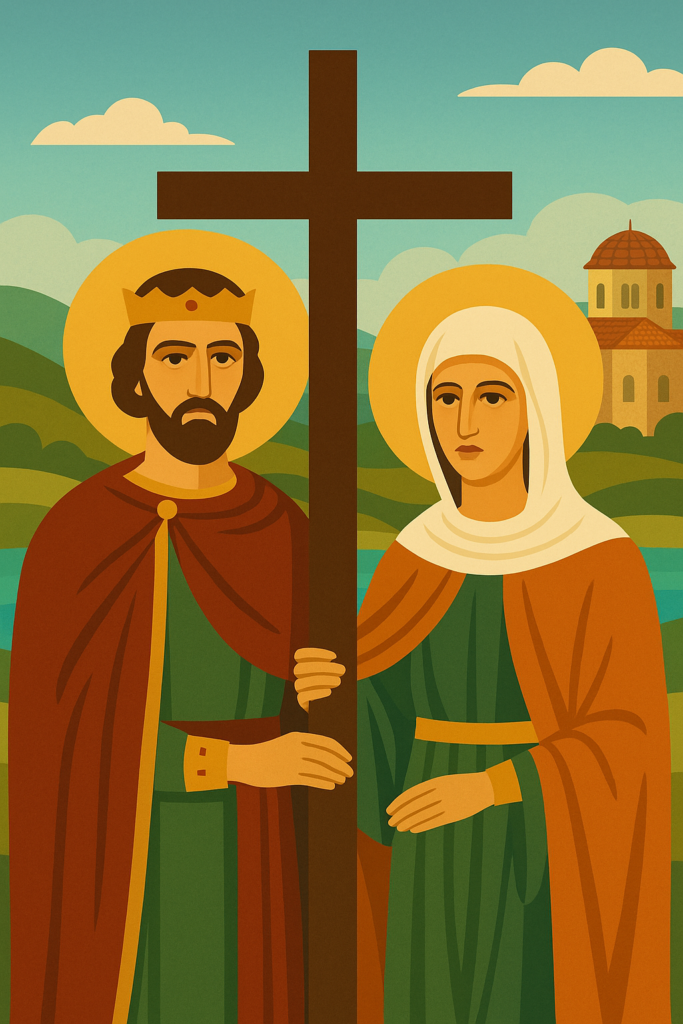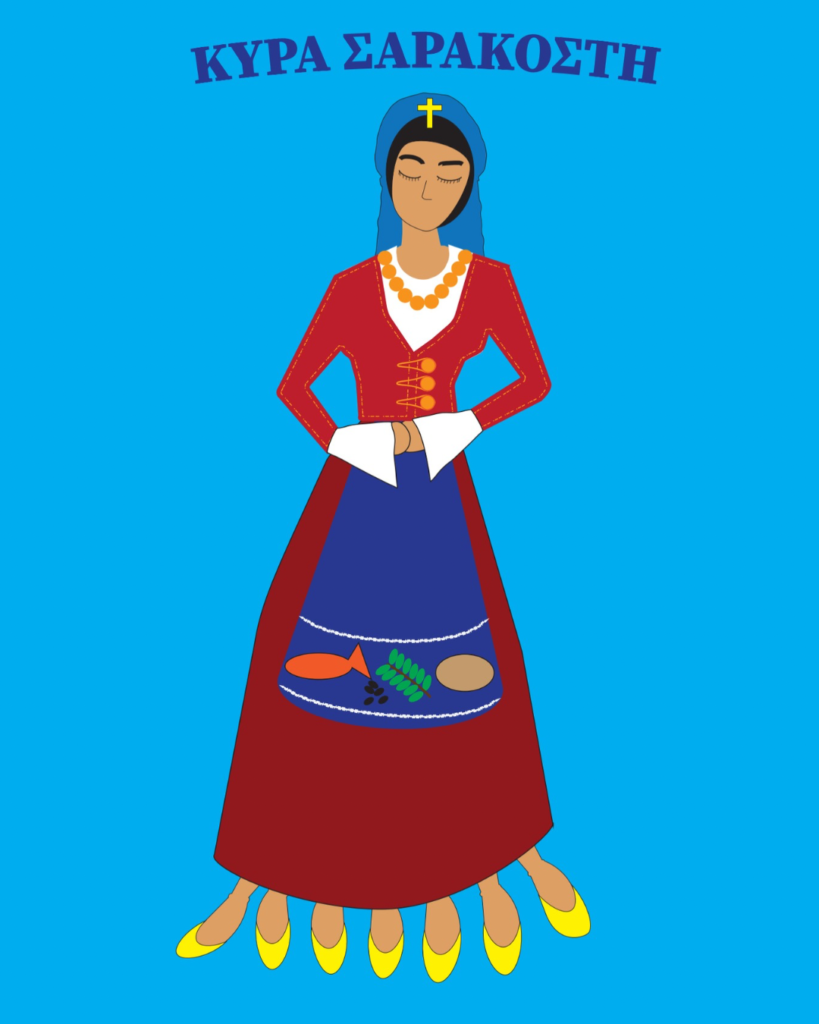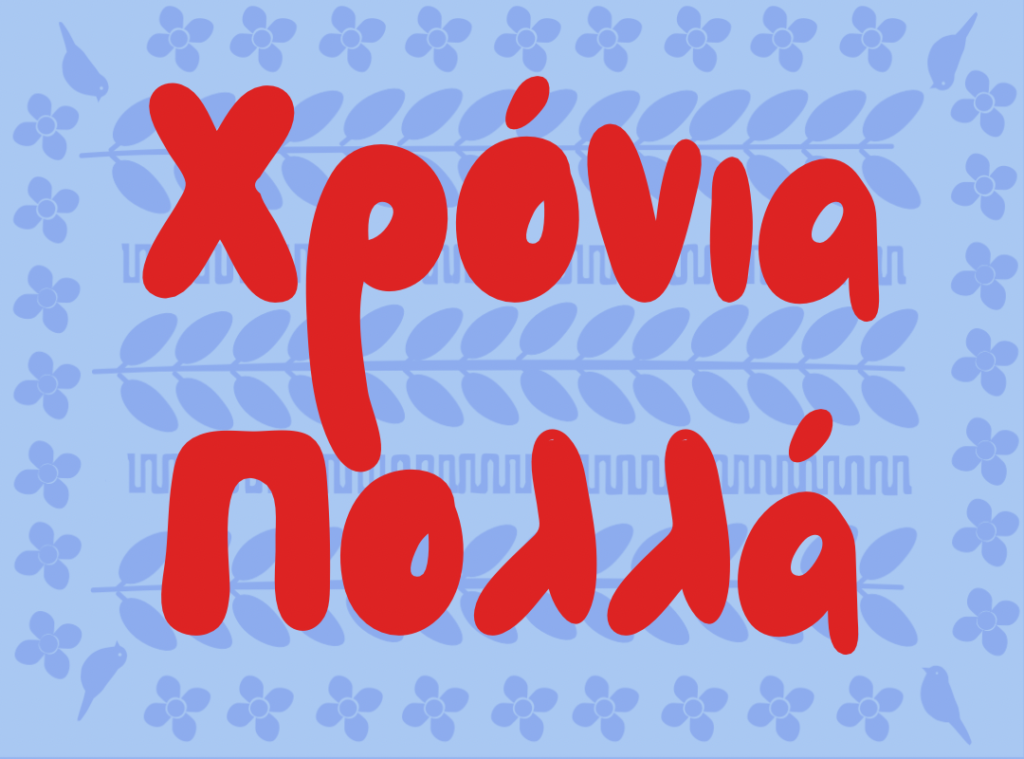Spring in Greece is a time of renewal, tradition, and cultural celebration. As the days get longer and the flowers bloom, Greeks welcome the season with a mix of festivities, religious observances, and age-old customs. From the joyful chaos of Apokries to the solemn fasting of Lent, and from Greek Independence Day to the flower-filled joy of May Day, spring in Greece is a journey through history, faith, and nature.
Apokries – The Greek Carnival (February/March)
Spring in Greece begins with Apokries, a vibrant pre-Lenten festival similar to Carnival. Rooted in ancient Dionysian feasts, Apokries is filled with costume parties, parades, and feasting before the fasting period of Lent begins.

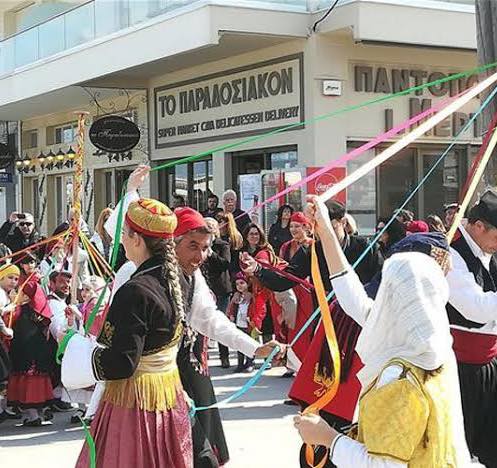
Major cities like Patras, Xanthi, and Rethymno host spectacular parades with floats, dancers, and elaborate costumes. Meanwhile, smaller towns and villages celebrate with traditional satirical performances, masquerades, and communal feasts. The festival ends with Tsiknopempti, a day dedicated to grilling meat, and the Burning of the Carnival King, symbolising the transition from indulgence to reflection.
Kathara Deftera – Clean Monday and the Start of Lent
Once Apokries ends, Greeks shift to Kathara Deftera (Clean Monday), marking the official start of Great Lent (Sarakosti). This day is celebrated with outdoor picnics, kite flying, and a special fasting menu of lagana bread, taramosalata, olives, and seafood.
A key tradition of Lent is Kyra Sarakosti, a seven-legged “Lenten Lady” used as a visual countdown to Easter. Families remove one of her legs each week until Easter arrives. This folk custom reminds everyone of the importance of discipline, fasting, and prayer during Lent.


Martaki – The Red-and-White Bracelet of March
On March 1st, Greeks wear a Martaki bracelet, a red-and-white string tied around the wrist. This custom, is believed to:
• Symbolise purity (white) and life (red) ❤️🤍
• Bring good luck and renewal ✨
At the end of March, people remove their Martaki and often hang it on trees for the swallows to use in their nests—a sign that spring has fully arrived.
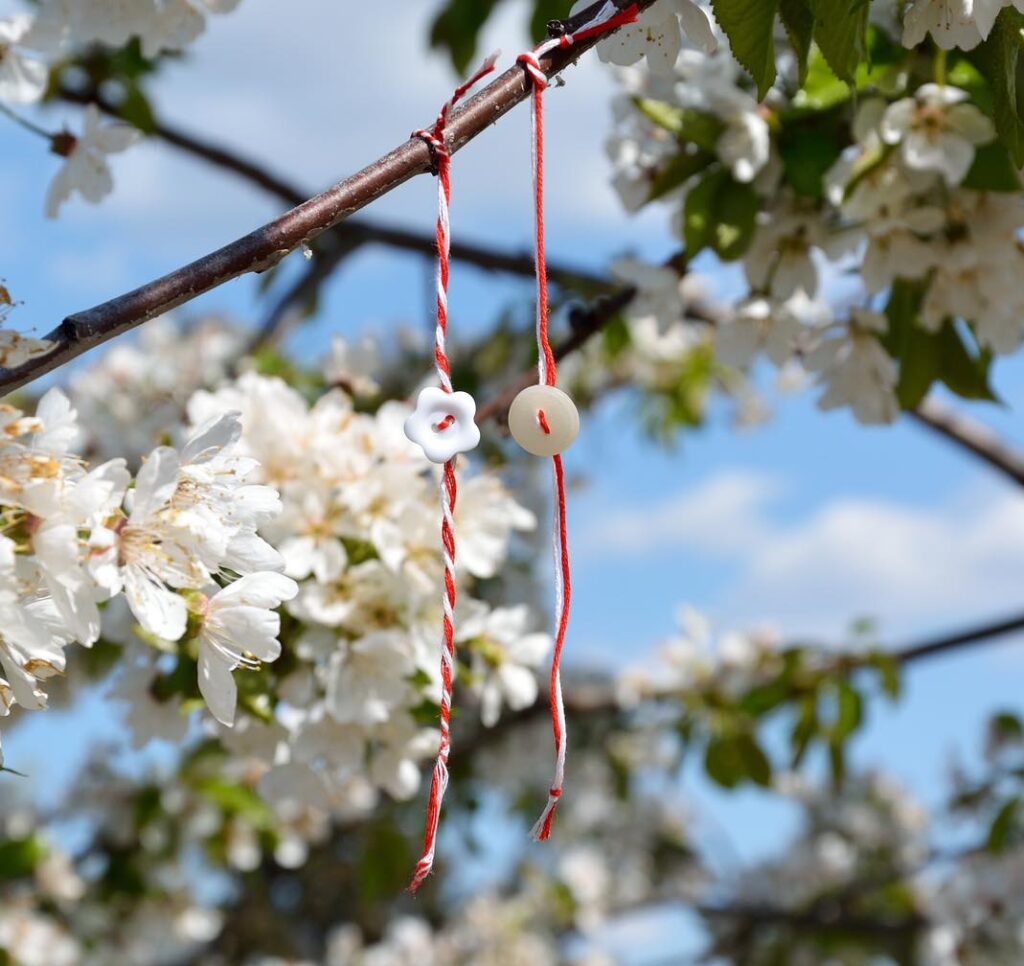

Greek Independence Day – March 25th
One of Greece’s most significant national holidays, March 25th, commemorates the start of the Greek War of Independence (1821)against Ottoman rule. The day is marked by:
🇬🇷 Military and student parades in towns and cities across Greece.
🙏 Religious services honouring the Annunciation of the Virgin Mary.
🍽️ A special Lenten meal of bakaliaros skordalia (fried cod with garlic sauce), one of the few times fish is allowed during Lent.


May Day – Greece’s Festival of Flowers (Protomagia)
On May 1st, Greeks celebrate Protomagia (May Day), a day of nature and renewal. Families and friends gather in the countryside to pick wildflowers and weave them into May wreaths, which are hung on doors or balconies to bring good fortune for the summer ahead.
This day also has political significance, as workers’ unions hold Labor Day demonstrations in major cities like Athens and Thessaloniki, honouring workers’ rights.

Spring in Greece – A Season of Renewal
Spring in Greece is a beautiful mix of joy, faith, and tradition. Whether you’re dancing in an Apokries parade, flying a kite on Clean Monday, wearing a Martis bracelet, or weaving a May Day wreath, each celebration is a reminder of Greece’s rich cultural heritage and deep connection to nature.

